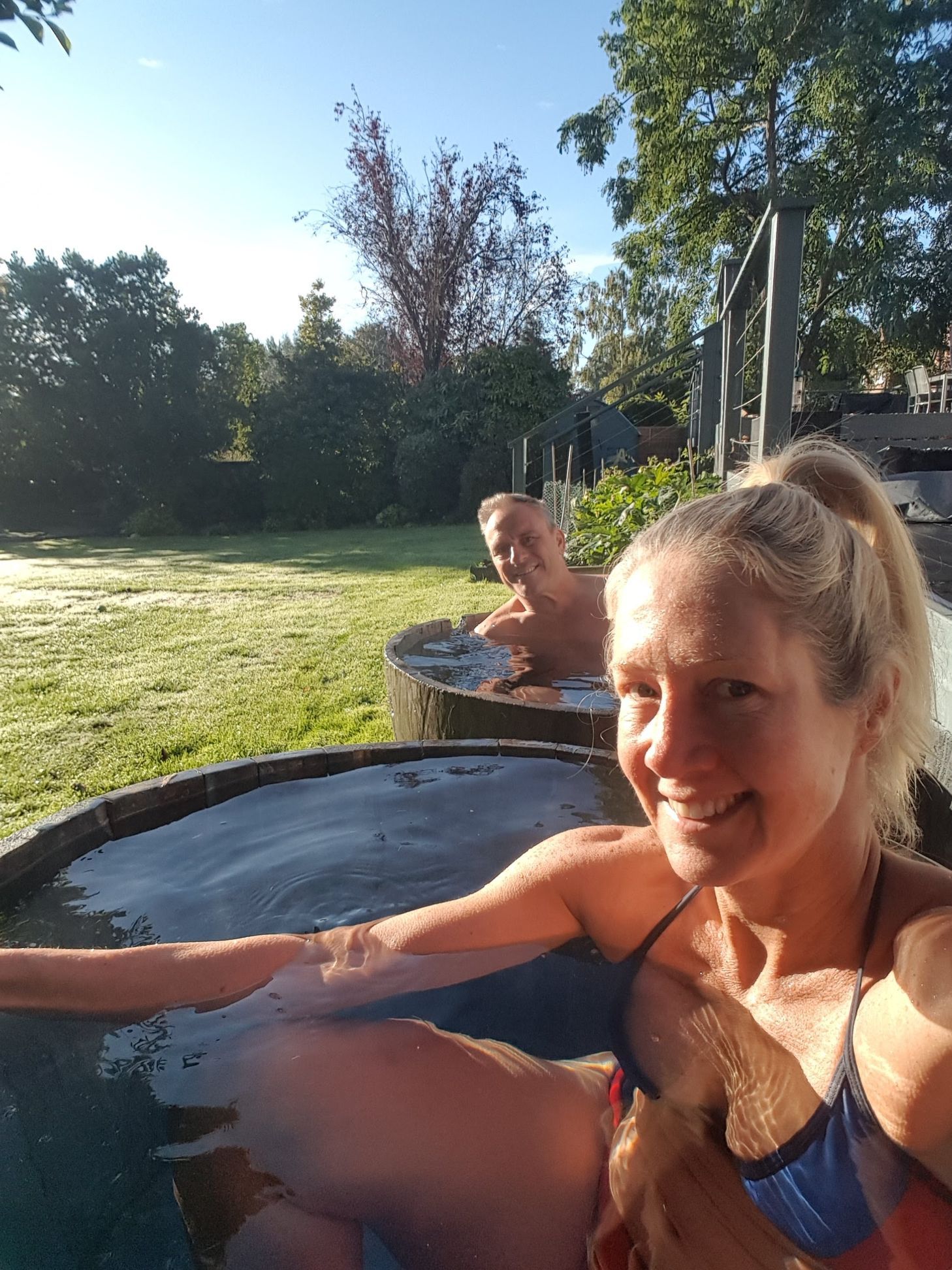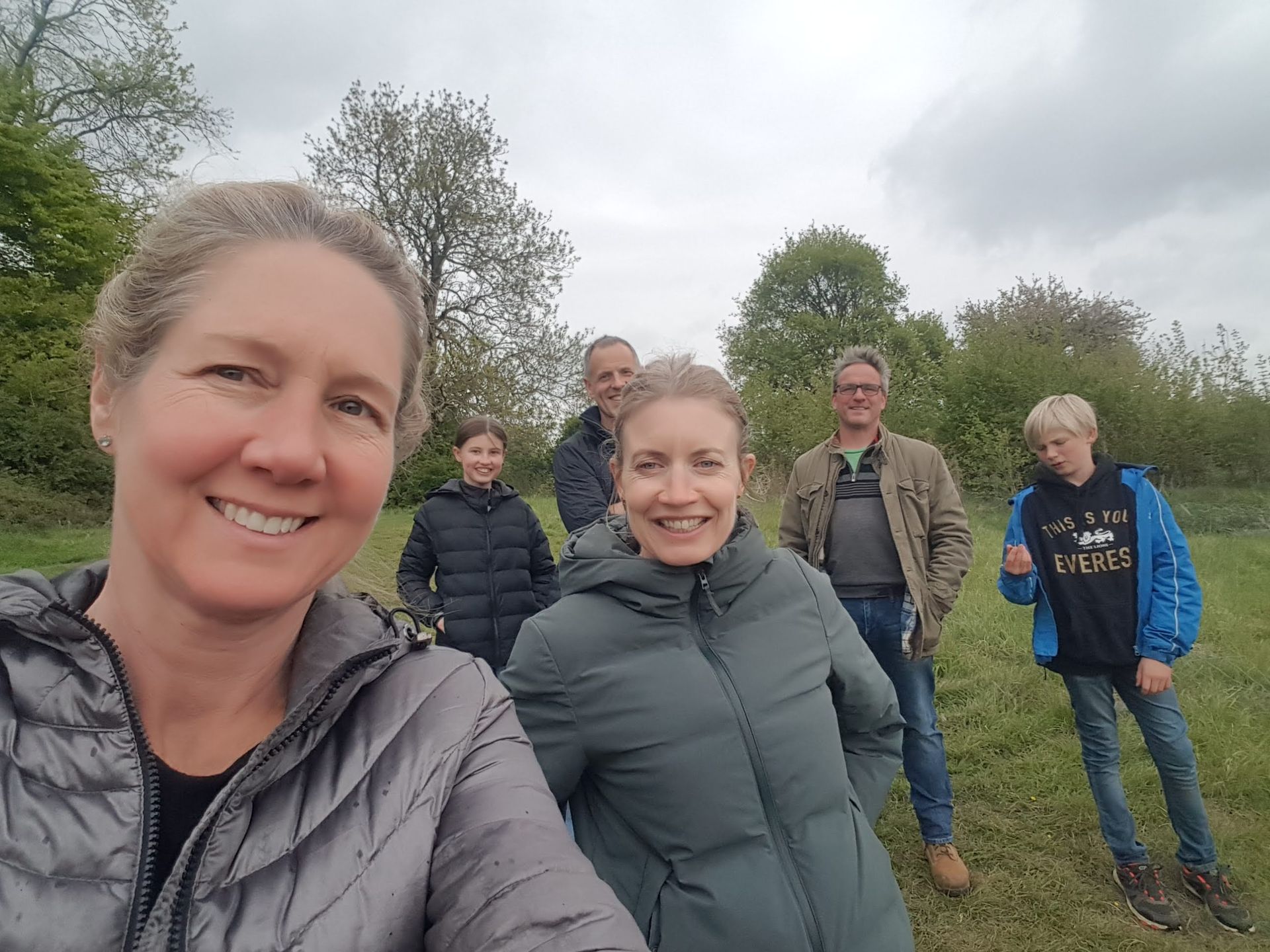ROUTINES MATTER
Routines (or Habits) AREN'T Boring
...Why They Matter in Our Lives
Developing habits and routines can be one of the most useful tools for our personal and professional success. Whether it’s waking up early, exercising regularly, or setting aside time for learning, establishing structured routines brings stability and efficiency to our daily lives.
I've chosen the image as many of my students have established the weekly routine of joining the yoga, cold water and sauna routine. I think it would be fair to say that very few (if any) look forward to the cold water, however, certainly feel the benefits afterwards. By building the habit or routine to coming to the same class each week they have helped to avoid one of the been able to reduce both potential decision fatigue as well as building consistency and discipline.
Why Are Habits and Routines Important?
Habits and routines are the foundation of productivity and personal growth. They shape our actions, determine our efficiency, and ultimately influence the outcomes we achieve.
Here’s why they are essential:
- Reduce Decision Fatigue
Every day, we make countless decisions—what to wear, what to eat, how to spend our time. Having established routines minimizes the number of choices we need to make, freeing up mental energy for more critical tasks.
- Enhanced Productivity
Structured habits create a sense of discipline and purpose, helping us stay focused and get more done. When certain tasks become automatic, we free up time and mental capacity for creative and strategic thinking.
- Build Consistency and Discipline
Success is often a result of consistent effort over time. Whether you’re learning a new skill, building a business, or improving your health, daily habits reinforce progress and keep you on track toward your goals.
- Improve Mental and Physical Wellbeing
Establishing habits like exercising, meditating, and getting enough sleep contributes to overall well-being. When self-care becomes routine, we are more likely to maintain a balanced and healthy lifestyle.
- Create Stability
Life can be unpredictable, but routines provide a sense of normalcy and control. A structured schedule helps us navigate changes with greater resilience and confidence.
The Science Behind Habits
Habits are formed through repetition and reinforcement. When we repeatedly perform an action, our brain creates neural pathways that make the behaviour more automatic over time.
This process, known as "habit loop," consists of three stages:
- Cue: A trigger that initiates the behaviour (e.g., waking up signals brushing your teeth).
- Routine: The behaviour itself (e.g., brushing your teeth every morning).
- Reward: The positive outcome that reinforces the habit (e.g., fresh breath and a healthy smile).
Understanding this loop allows us to build new positive habits and break old, unproductive ones by adjusting our triggers and rewards.
How to Develop Strong Habits and Routines
- Start Small
Instead of making drastic changes, focus on small, manageable habits. For example, if you want to read more, start with just five minutes a day. Small successes build momentum for long-term change.
- Be Consistent
The key to habit formation is repetition. Performing an action at the same time and in the same context each day strengthens the habit.
- Use Triggers
Pairing a new habit with an existing one can make it easier to remember. For instance, if you want to practice gratitude, link it to your morning coffee routine by reflecting on three things you’re grateful for.
- Track Your Progress
Keeping a habit tracker or journal can help maintain motivation and accountability. Seeing progress over time reinforces the habit.
- Reward Yourself
Positive reinforcement encourages habit formation. Whether it’s a treat, a break, or personal recognition, rewards create motivation to stick to your routine.
- Be Patient and Adjust as Needed
Habits take time to develop, so don’t get discouraged by setbacks. If something isn’t working, adjust your routine to make it more sustainable.
The Long-Term Impact of Good Habits
The cumulative effect of small, positive habits leads to long-term success. By investing in good habits today, you create a foundation for a better, healthier, and more productive future. Whether in personal development, career growth, or health and wellness, structured routines help maximize your potential.
Building habits and routines is not about restricting freedom but rather about creating a framework for success. By cultivating intentional daily habits, you can take control of your life, reduce stress, and move steadily toward your goals. Start small, stay consistent, and watch your efforts compound over time.









